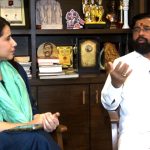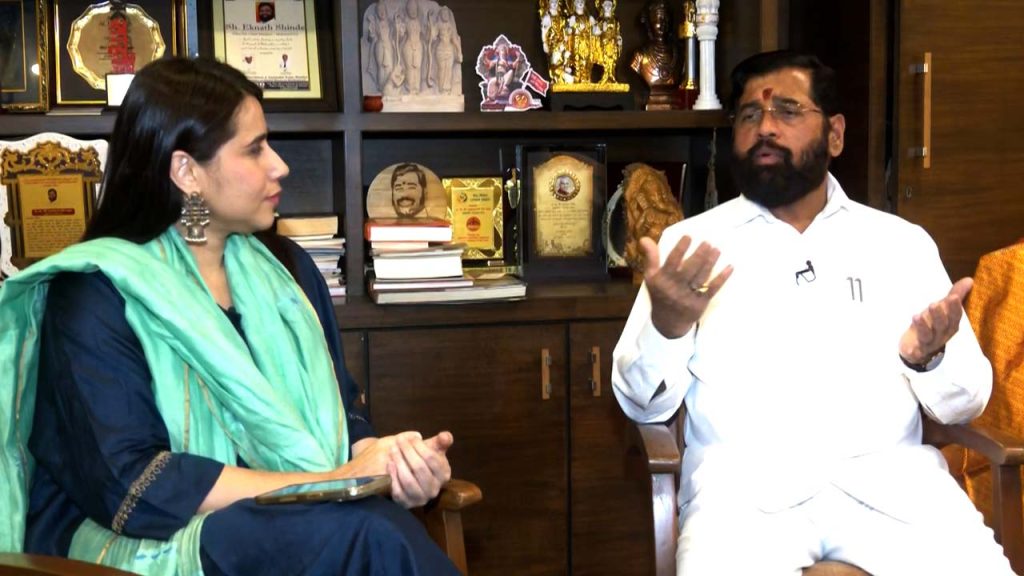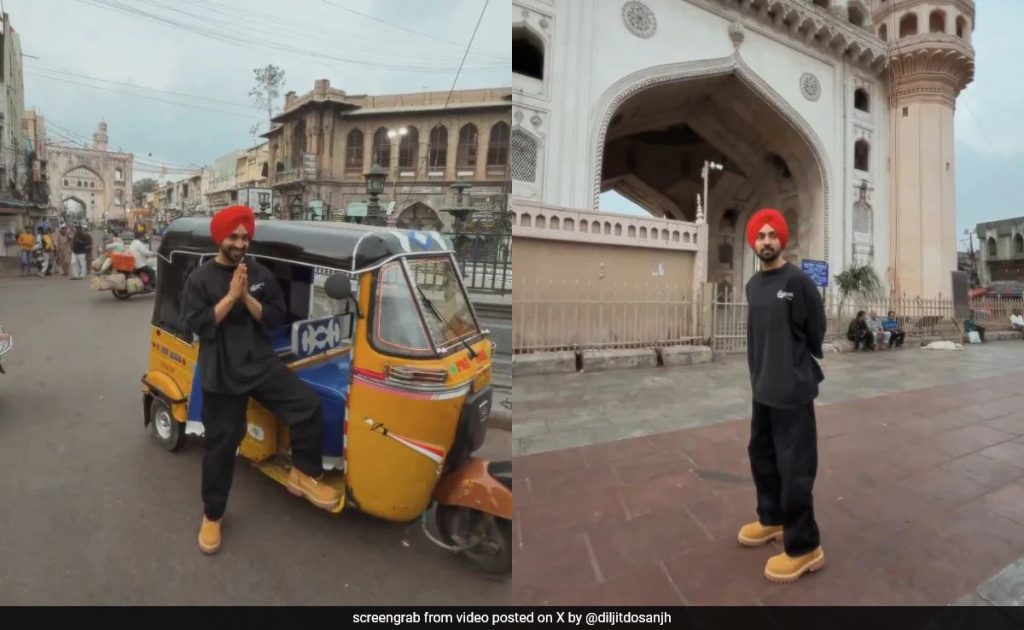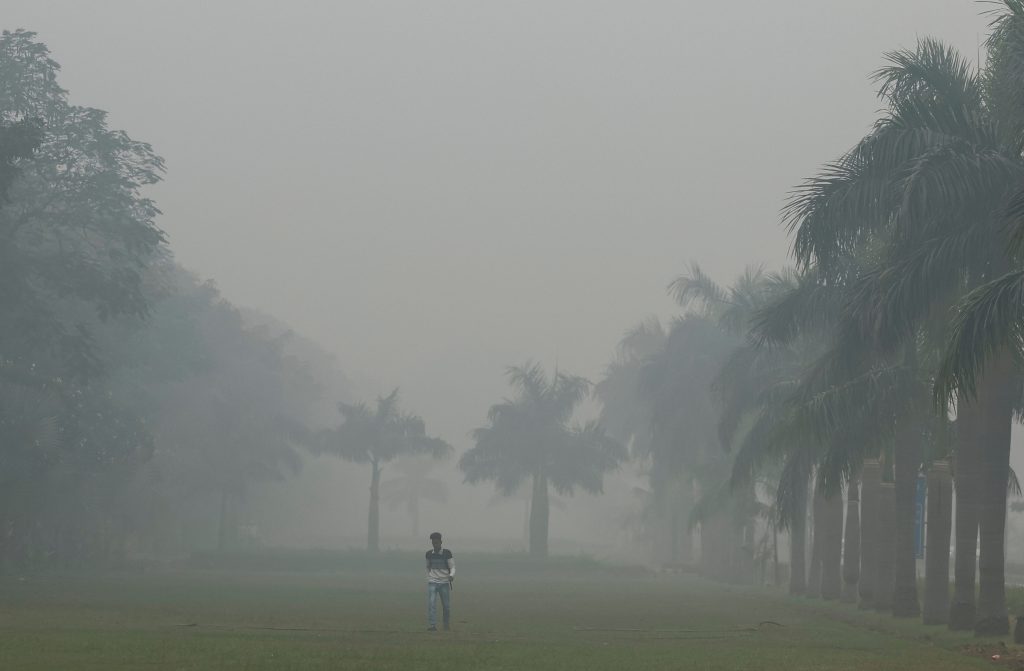In a huge relief to 16,000-odd madrasas in Uttar Pradesh, the Supreme Court today upheld the validity of a 2004 law that regulates their functioning. A three-judge bench led by Chief Justice of India DY Chandrachud set aside an Allahabad High Court judgment that had declared the law unconstitutional and violative of the principle of secularism. The high court had asked the state government to accommodate madrasa students in the formal schooling system. This had put a question mark on the future of nearly 17 lakh students of madrasas.
The bench, also comprising Justice JB Pardiwala and Justice Manoj Misra, held that the high court had erred in holding that the statute must be struck down if it violates the secularism principle. “The state can regulate the standards of education (in madrasas)… regulations relating to the quality of education do not interfere with the administration of the madrasas,” the Chief Justice added.
The bench noted that the Act does not directly interfere with the day-to-day administration of madrasas. “The Act is consistent with the positive obligation of the State to ensure that the children get adequate education,” it said.
The Chief Justice held that just because the legislation for madrasas includes some religious training does not make it unconstitutional. The Act, he said, is only unconstitutional in granting degrees under Fazil and Kamil because this provision violates UGC regulations, he noted. The Act, the Chief Justice said, aims to protect the rights of minorities in Uttar Pradesh and is consistent with the State’s obligation to ensure that students pass out and earn a decent living.
The court noted in its order that certain provisions of the Madarsa Act which pertain to the regulation of higher education and the conferment of such degrees have been held to be unconstitutional on the ground of lack of legislative competence. “Thus, the question that arises is whether the entire legislation must be struck down on this ground. In our view, it is in failing to adequately address this question of severability that the High Court falls into error and ends up throwing the baby out with the bathwater,” the bench noted.
The Uttar Pradesh Board of Madarsa Education Act, 2004, was introduced by a Samajwadi Party government led by party founder, the later Mulayam Singh Yadav. Earlier this year, the Allahabad High Court had declared the madrasa law constitutional while hearing a writ petition. The ruling had come months after the BJP government in Uttar Pradesh decided to survey madrasas and formed a team to probe their funding from abroad.
The top court had earlier paused the high court order, with the Chief Justice observing that secularism means to “live and let live”. The Uttar Pradesh government backed the madrasa law in the Supreme Court. “You cannot wish away several hundred years of history of this nation like this. Suppose, we uphold the high court order and the parents of the children still send them to madrasas then it will just be a silo without any legislative intervention. Mainstreaming is the answer to ghettoisation,” the Supreme Court had said.








